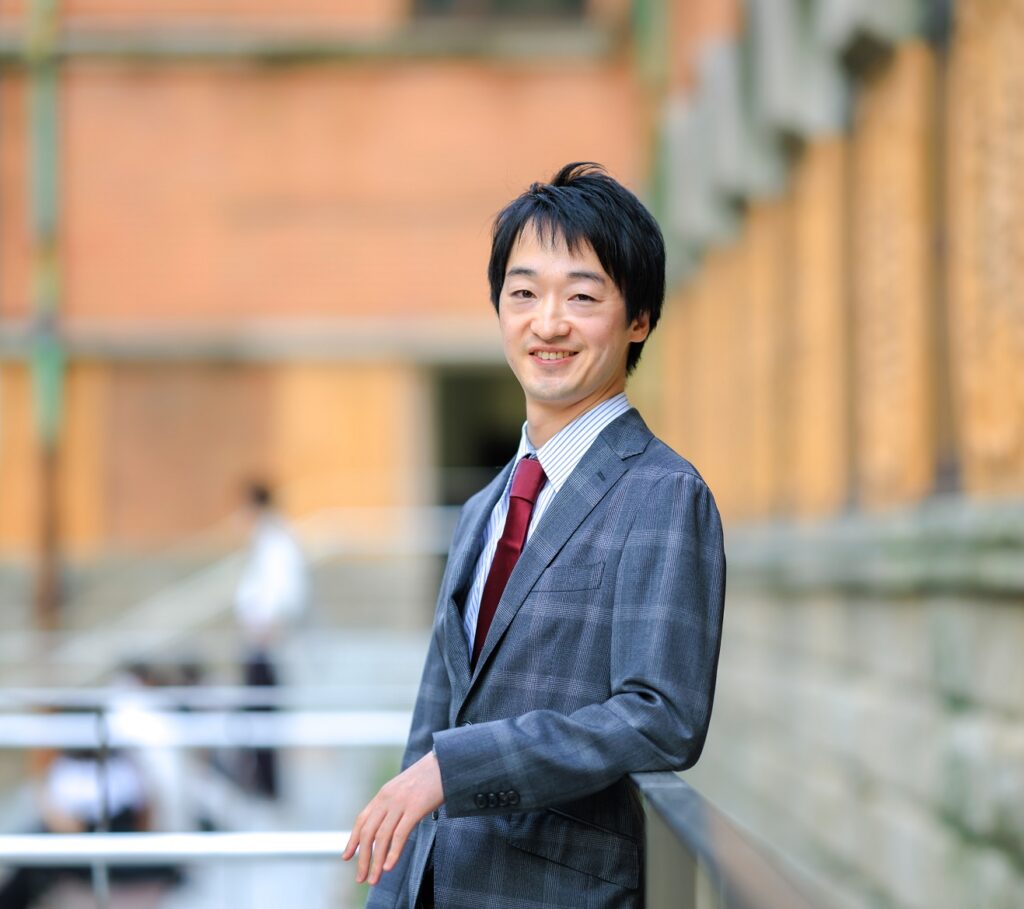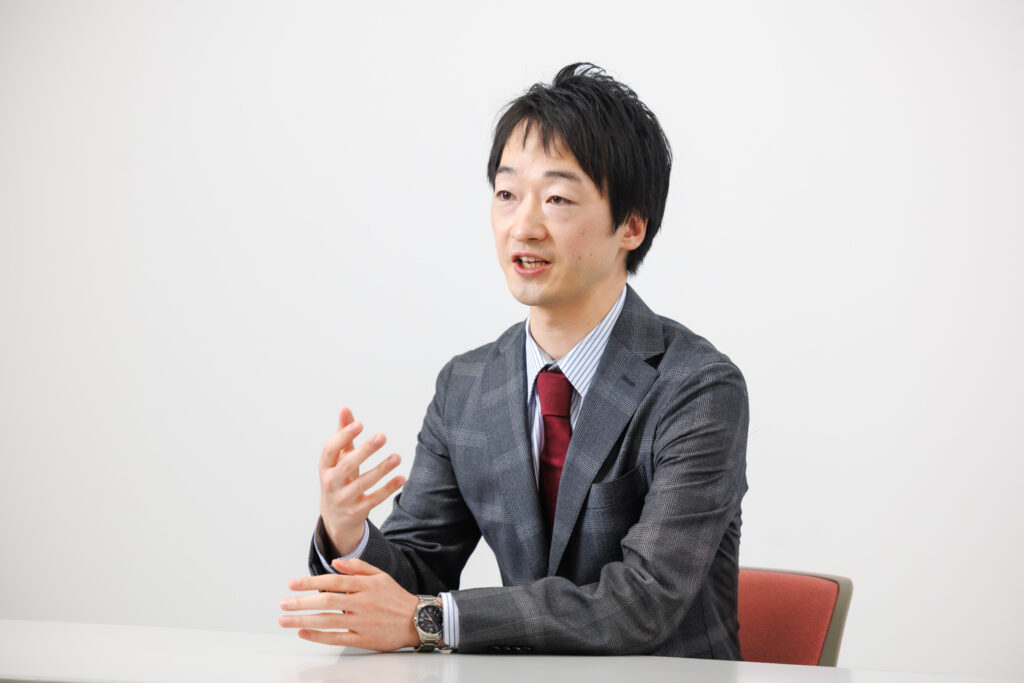
How can organizations achieve their objectives? Accounting for Performance Evaluation is the method used to develop the accounting theory required for controlling an organization. Associate Professor Toshiaki Wakabayashi of the Faculty of Economics talks about the significance of the psychology that underpins this approach.
Organizations like corporations and non-profit institutions are managed in order to achieve some kind of objective— typical examples for a company include increasing earnings or maximizing corporate value. Accounting for Performance Evaluation is the method of accounting used to determine the type of framework that is required so that employees take actions to achieve the objectives of their organization—in other words, how to control an organization. I introduce psychological factors in my research models aimed at increasing the accuracy of accounting theory.
On what basis can we assess others? Theorizing the source of motivation

When we look closely as to whether or not each and every employee is putting in their utmost effort in order to achieve a company’s objectives, we find that it is not necessarily the case—there is always someone who works slower than others or slacks off, and naturally there are those who take their job very seriously. If these people are earning the same salary, some may think that it makes sense to slack off. This is precisely why we need to develop frameworks that benefit those who put in the hard work. The area that I am focusing on is how to build the best system for measuring an employee’s work performance, and the best way to reward their efforts.
This is best illustrated by using an example—let’s imagine that I am the owner of a number of chain stores. What type of contract would I need for paying wages to each store manager, and what kind of effort would they put in toward achieving the objectives of my company? If wages were set based on revenues, it would be better to sell a large number of highly priced products, even if that resulted in a low profit margin. Conversely, if wages were based on profits, selling as many high-profit products as possible would make sense, while also looking at ways to slash costs. And if based on the number of customers, it might be better to hold events that attracted more customers.
In essence, store managers behave differently depending on how their work performance is measured. What sort of framework is necessary, in order to change the behavior to align with the company’s goals. My research focuses on developing the theory behind this approach.
“Theory” becomes “reality” when incorporating human psychology into formulas
I use mathematical models to develop my theories—that is, using formulas based on mathematical functions. Yet human behavior is affected by a wide range of factors, and trying to incorporate them into mathematical functions would make them too complicated to solve. Determining what factors to include in these functions depends on the experiences and sensibilities of each particular researcher.
The factor that I am leaning towards is the human mind. People work to earn an income, but the human mind lies at the core of the action of partaking in work. I am expanding on theories by incorporating the idea of the human mind into my formulas.
The area I am focusing on right now is the sense of belonging to an organization, for example when someone says they like their company, or they want to work there for a long time. I believe that the degree to which people feel that they belong to a particular company has a major impact on their behavior. My formulas include considerations of how strong a sense of belong needs to be to positively affect their performance.
More than just helping to boost an organization’s business performance or level of customer satisfaction, the key aim of my research is to try and increase the level of happiness of workers. While humans are prone to be crafty to a certain extent, I want to design a system that rewards people who take their work seriously, instead of letting people fend for themselves. In order to achieve this, it is crucial to think carefully about the criterion with which to measure people against, and how to reward them.
The book I recommend
“The Little Prince”
by Antoine de Saint-Exupéry, translated by Aro Naito, Iwanami Shoten

As a junior high school student realizing the sorrow a prince must feel; as a romantic novel in college; and when I began soul-searching as an accounting researcher always running calculations like I was an entrepreneur in this story…I want to read this book many times in my life.
-
Toshiaki Wakabayashi
- Associate Professor
Department of Management
Faculty of Economics
- Associate Professor
-
Graduated from School of Commerce at Waseda University, and received a Ph.D. in Commerce from the university’s Graduate School of Commerce. Assistant professor at the Faculty of Commerce at Waseda University, assistant professor at the Faculty of Economics at Sophia University, and his current role from 2020.
- Department of Management
Interviewed: September 2022